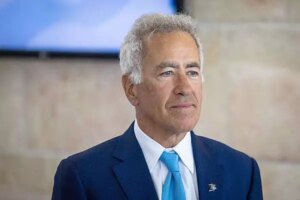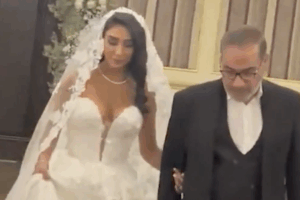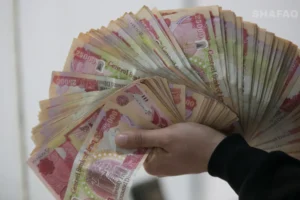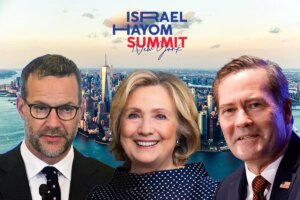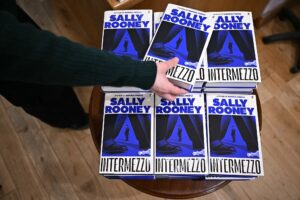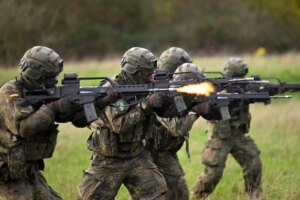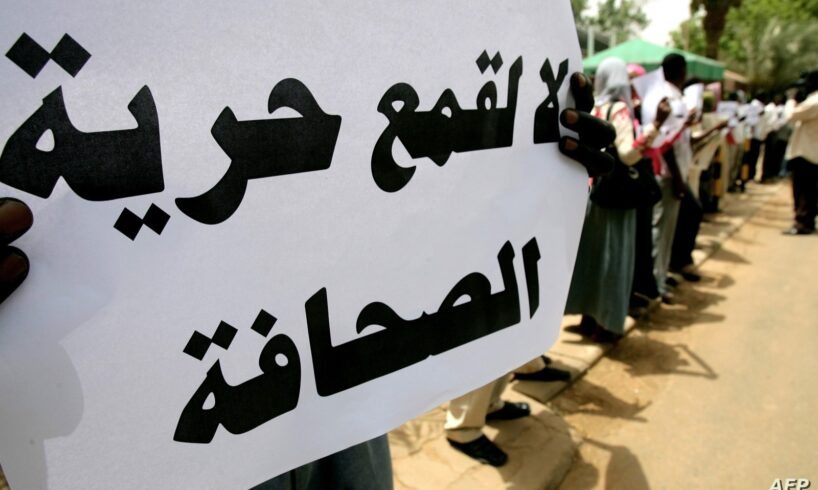
Shafaq News
Iraq’s parliament has reignited fierce public and political debate
after reactivating a contentious draft law regulating peaceful protest and
public assembly. The reintroduction of the proposal—formerly stalled since
2023—comes amid mounting pressure to finalize long-delayed legislation before
the end of the current parliamentary session.
While some lawmakers argue the draft law is essential for
formalizing protest rights, critics warn that its vague language and selective
revisions threaten to legitimize repression under the guise of regulation.
A Narrower Scope, New Definitions
Originally titled the Law on Freedom of Expression, Assembly, and
Peaceful Demonstration, the current draft removes all references to
“freedom of expression” and the “right to knowledge” from
both its title and internal articles. Legal experts view this as a deliberate
narrowing of the law’s scope, excluding speech and media protections that were
once central to the bill.
The draft also introduces several legal definitions that were
previously absent from Iraqi law—such as sit-ins, spontaneous gatherings, and
strikes—granting these protest forms a degree of formal recognition. Notably,
organizers are no longer required to obtain prior approval to hold a
demonstration. Instead, they must notify the local administrative authority 48
hours in advance, providing details on the gathering’s topic, location, timing,
and names of up to three responsible individuals.
Yet while this marks a procedural easing, the law still grants
authorities broad discretion to object to or relocate protests for
“security” or “organizational” reasons, leaving civil
society groups skeptical about how these terms might be applied in practice.
Prohibitions, Guarantees, and Grey Areas
The revised draft prohibits demonstrators from carrying
weapons—even if licensed—or bringing dangerous materials. It also bans wearing
face coverings that obscure identity, as well as slogans or signs deemed
offensive to “public order” or “morals.” These stipulations echo older
legislative language that rights groups have long criticized for suppressing
dissent and targeting protest movements.
On the other hand, the draft offers new protections: it obliges
security forces to safeguard peaceful gatherings and limits the use of force to
situations where protests turn violent, in line with international standards.
It also allows citizens to challenge protest bans before the Court of Appeal,
which must rule within 72 hours—a step praised by some legal experts.
Additionally, if demonstrators or third parties suffer damages and
the perpetrator cannot be identified, the state is responsible for
compensation, with the option to seek reimbursement later from the offender.
The law also proposes repealing CPA Order No. 19 of 2003, a
remnant of US occupation-era legislation governing assembly, and deleting
Articles 220 to 222 of the Penal Code, which have historically allowed for the
criminalization of protest leaders.
For journalists, the draft introduces explicit guarantees allowing
them to cover demonstrations freely and seek compensation for physical or
material harm.
A Struggle Between Liberties and Control
Legal advocate Anwar al-Khafaji told Shafaq News that the law
exposes an ongoing battle between two political visions: one prioritizing the
protection of civil liberties, and another leaning toward increased state
control.
She cited Amnesty International’s earlier warning that the law
represents a “serious setback” and contradicts Iraq’s own constitution as well
as its obligations under international human rights treaties.
While the parliamentary Human Rights Committee claims to have
softened some provisions—removing certain criminal penalties—al-Khafaji argued
that key clauses remain problematic. These include vague definitions of terms
like “public order,” the ban on face coverings, and the continued restrictions
on protest locations and timing.
“Without judicial independence, such ambiguous language can be
used to suppress critical voices under the pretext of legality.” The
reintroduction of the bill, she said, reflects fears among political elites of
renewed mass protests in the lead-up to elections.
Legal Objections: At Least 17 Flaws Identified
Legal expert Ali al-Tamimi told Shafaq News that the draft
contains at least 17 fundamental legal flaws, demanding a comprehensive
overhaul. He emphasized that Article 38 of Iraq’s constitution guarantees
freedom of expression and peaceful assembly—rights that the draft, in its
current form, undermines.
Al-Tamimi raised concerns over the lack of clear definitions for
key terms such as “sit-in,” “strike,” “public order,” and “morality.” He
criticized the proposed role of the Human Rights Commission in resolving
protest-related disputes, arguing that such responsibilities should lie with
the judiciary to uphold the separation of powers.
He also highlighted structural problems:
-Notification vs. Authorization: Despite a shift toward a
notification model, local authorities can still effectively block protests,
undermining the supposed liberalization.
-Excessive Police Discretion: Allowing the security apparatus to
issue procedural guidelines risks politicizing enforcement. Al-Tamimi
recommends placing this responsibility with the Council of Ministers.
-Protest Timing Restrictions: The law imposes a 10:00 p.m. curfew
on all public and private gatherings, including funerals, weddings, and
religious events—raising concerns over cultural and social infringement.
-Appeal Mechanisms and Oversight: The draft remains unclear on the
appeals process and lacks independent oversight of security conduct during
protests.
-Database Regulation: Although the law mandates the creation of a
protest activity database, it fails to address potential misuse or regulation
of private sector data collection.
Al-Tamimi also called for replacing custodial sentences with
monetary fines and enforcing existing laws that prohibit sectarian and
hate-based mobilization.
Political Motives Behind the Law
Political analyst Mujashaa al-Tamimi warned that the law’s vague
terms—particularly “public order” and “morality”—could be
weaponized to stifle dissent. He argued that in the hands of dominant political
parties, the law could legitimize the banning of protests critical of the
government, especially as elections approach.
“The legal language is too broad,” he said. “Without tighter
safeguards, this becomes a tool to silence—not protect—citizens.”
Al-Tamimi recommended a full legal rewrite in partnership with
civil society groups, ensuring any protest regulation remains aligned with
international legal norms and that limitations are necessary and proportionate.
Hussein al-Mulla, spokesperson for the Digital Media Center (DMC),
offered a more pragmatic view, acknowledging the need for legal regulation of
protests but stressed that such laws must carefully balance public security
with personal freedoms.
“Governments always view protests as threats,” he told Shafaq
News. “But that’s exactly why robust legal safeguards are needed—to reassure
both the public and the state.”
Written and edited by Shafaq News staff.
